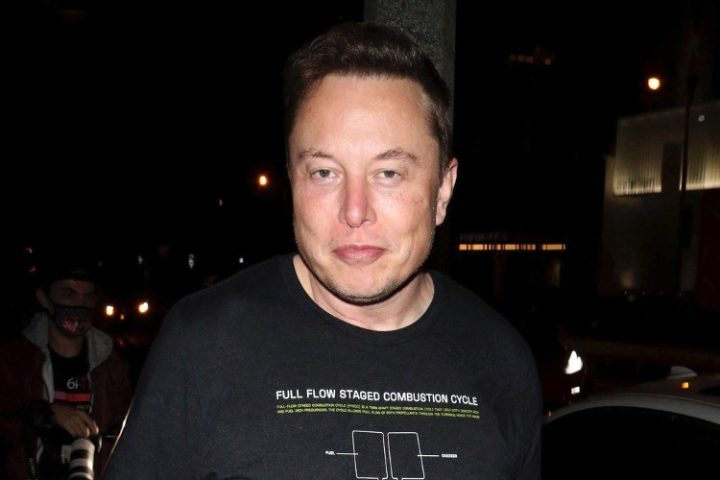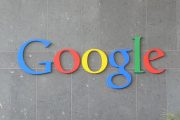
Elon Musk, founder of Tesla and SpaceX and the richest man in the world, filed with the Securities and Exchange Commission (SEC) on Wednesday his intent to purchase Twitter and take it private.
In his filing he included the text message he sent to Twitter board chairman Bret Taylor a day earlier, informing him of his intent to formally offer to buy the company:
As I indicated this weekend, I believe that the company should be private to go through the changes that need to be made.
After the past several days of thinking this over, I have decided I want to acquire the company and take it private.
I am going to send you an offer letter tonight; it will be public in the morning.
Are you available to chat?
Musk included part of that “chat” in the filing as well:
Best and Final:
a. I am not playing the back-and-forth game.
b. I have moved straight to the end.
c. It’s a high price and your shareholders will love it.
d. If the deal doesn’t work, given that I don’t have confidence in management nor do I believe I can drive the necessary change in the public market, I would need to reconsider my position as a shareholder.
i. This is not a threat, it’s simply not a good investment without the changes that need to be made.
ii. And those changes won’t happen without taking the company private.
In the letter that followed, Musk reiterated his position that the only way Twitter could “thrive” in the future would be to make it private and let him run it:
To Bret Taylor, chairman of the Board:
I invested in Twitter as I believe in its potential to be the platform for free speech around the globe, and I believe free speech is a societal imperative for a functioning democracy.
However, since making my investment I now realize the company will neither thrive nor serve this societal imperative in its current form.
Twitter needs to be transformed as a private company.
As a result, I am offering to buy 100% of Twitter for $54.20 per share in cash, a 54% premium over the day before I began investing in Twitter and a 38% premium over the day before my investment was publicly announced.
My offer is my best and final offer and if it is not accepted, I would need to reconsider my position as a shareholder.
Twitter has extraordinary potential. I will unlock it.
Musk has more than 80 million followers on Twitter, and started buying chunks of its stock in January. He considered his options, asking his followers what he should do. A primary question he asked was, “Given that Twitter serves as the de facto public square, failing to adhere to free speech principles fundamentally undermines democracy, what should be done?”
He conducted a poll of his followers: “Free speech is essential to a functioning democracy. Do you believe Twitter rigorously adheres to this principle?” He got two million responses, and 70 percent of them said “no.”
Initially, the president of Twitter, learning that Musk had purchased nearly 10 percent of his company’s outstanding shares, offered him a seat on the board. But Musk turned it down after learning that, as a board member, he couldn’t purchase more than 15 percent of the company, and would have only marginal influence on the direction of the company. After visiting with the president of Twitter, Parag Agrawal, Musk knew what he had to do.
If the board approves, Musk will invest an estimated 15 percent of his approximately $265 billion net worth in his new venture.
He has plans. He will turn Twitter into a subscriber-based platform and away from currently being dependent upon corporate advertising (and corporate influence) to pay the bills. Wrote Musk: “Everyone who signs up for Twitter Blue ($3 a month) should get an authentication checkmark. And no ads. The power of corporations to dictate policy [to Twitter] is greatly enhanced if Twitter depends on advertising money to survive.”
He would likely change the operational structure of the company, including selling its headquarters in San Francisco, “since,” as he Tweeted, “no one shows up there anyway.”
Conservatives were delighted with the news. Firebrand Republican Representative Lauren Boebert of Colorado tweeted last week: “Now that Elon Musk is Twitter’s largest shareholder, it’s time to lift the political censorship. Oh … and BRING BACK TRUMP!”
They are likely to be disappointed to learn that the former president has no plans to rejoin Twitter even if he were invited back. He told American Media on Wednesday, “I probably wouldn’t have any interest [in returning to Twitter if Musk bought the company]. Twitter’s become very boring. They’ve gotten rid of a lot of good [conservative] voices.”
Besides, Trump has invested heavily in his own social-media platform, Truth Social.
It’s premature to speculate on what impact Musk might have on the “public square” conversation if he does buy the company. There could be resistance from the Biden administration, with lawsuits complaining about his move to purchase the company. The board could turn down his offer. There could be counter offers from media giants to quash Musk’s move.
Under current management, Twitter wouldn’t invite Trump back. A Twitter spokesman said, “We have no plans to reverse any policy decisions.” Ned Segal, Twitter’s present chief financial officer, told CNBC: “When you’re removed from the platform, you’re removed from the platform, whether you are a commentator, a CFO, or you are a former public official.”



